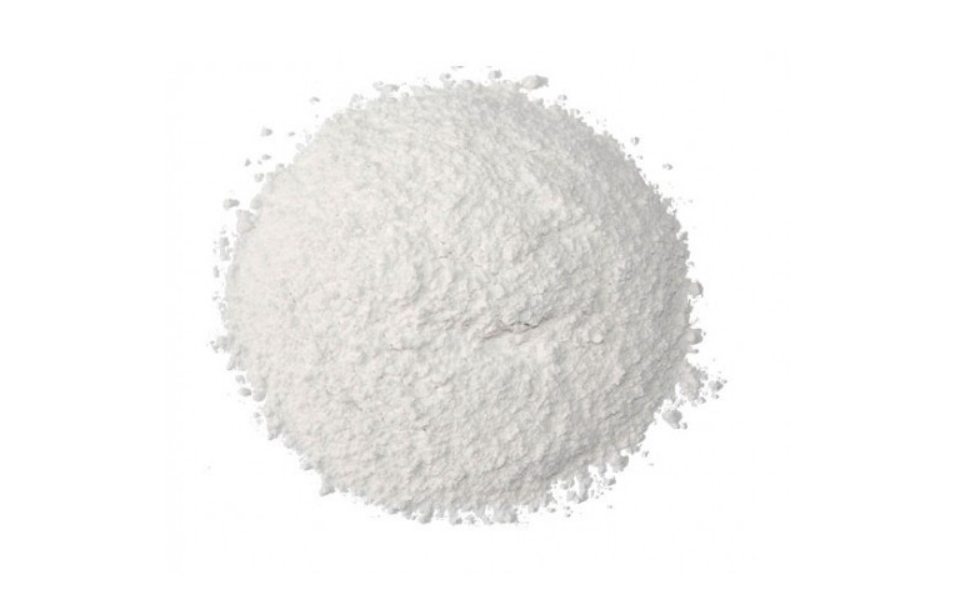Zeolite: An Overview
Zeolite, a naturally occurring aluminosilicate mineral, was first discovered in 1756 by Swedish mineralogist Axel Fredrik Cronstedt. It derives its name from the Greek words "zeo" (to boil) and "lithos" (stone), referring to the bubbling or boiling effect observed when heated. Zeolite's rigid anionic framework, composed of aluminum, silicon, and oxygen atoms, forms a network of interconnected pores and channels, enabling its exceptional properties.
Properties and Functions
Ion Exchange Capacity: Zeolite's pores are filled with exchangeable cations, making it an effective ion exchanger. This property allows it to remove impurities such as heavy metals and ammonium from water and other fluids.
Adsorption Performance: Due to its high surface area and porous structure, zeolite exhibits strong adsorption capabilities, capable of capturing and retaining gases, liquids, or colloids.
Catalytic Activity: Zeolite's acidic forms serve as potent solid acid catalysts, promoting various acid-catalyzed reactions such as isomerization, alkylation, and cracking.
Industrial Applications
Water Purification and Softening: Zeolite's ion exchange properties make it ideal for removing contaminants like heavy metals, organic compounds, and hardness-causing ions (e.g., calcium and magnesium) from water.
Catalysis in Petrochemical Industry: Zeolite-based catalysts are widely used in processes such as catalytic cracking and hydrocracking, enhancing the efficiency and selectivity of chemical reactions.
Gas Separation and Storage: Zeolite's precise pore size and shape enable it to separate specific gases, including rare gases, nitrogen, oxygen, and pollutants like formaldehyde and freon.
Soil Remediation: As a soil conditioner, zeolite can adsorb harmful substances in soil, improving fertility and promoting plant growth.
Nuclear Waste Reprocessing: Zeolite's porous structure captures certain ions while allowing others to pass freely, facilitating the removal and immobilization of fission products from nuclear waste.
Agricultural Uses
In agriculture, zeolite serves as a soil amendment, providing a slow-release source of potassium and acting as a water regulator. It can absorb up to 55% of its weight in water, releasing it gradually according to plant needs.
Other Applications
Animal Feed Additive: Zeolite is added to animal feed to absorb moisture and ammonia, reducing odor and facilitating manure management.
Packaging and Preservation: Zeolite-based packaging materials can extend the shelf life of fruits and vegetables by adsorbing ethylene, which slows down ripening.
Health and Wellness: Research is ongoing into the potential health benefits of zeolite, including its use as a dietary supplement for mineral supplementation and digestive health.
Future Prospects
With increasing environmental awareness and technological advancements, the demand for zeolite is expected to grow. Innovations in zeolite synthesis and modification techniques are likely to expand its application scope, making it even more versatile and efficient.
In conclusion, zeolite is a remarkable mineral with a wide array of applications. Its unique properties make it indispensable in water purification, catalysis, gas separation, soil remediation, and numerous other fields. As research continues, the potential uses of zeolite are bound to increase, further cementing its status as a cornerstone of modern technology and sustainability.
ZEOLITE

Category: Detergent
Formula: AmBpO2p·nH2O
Standard: GB/T 21695-2008
Type: 1000kg jumbo bag
Phone: +86 18322469665
Email: alice@rmgchem.com

